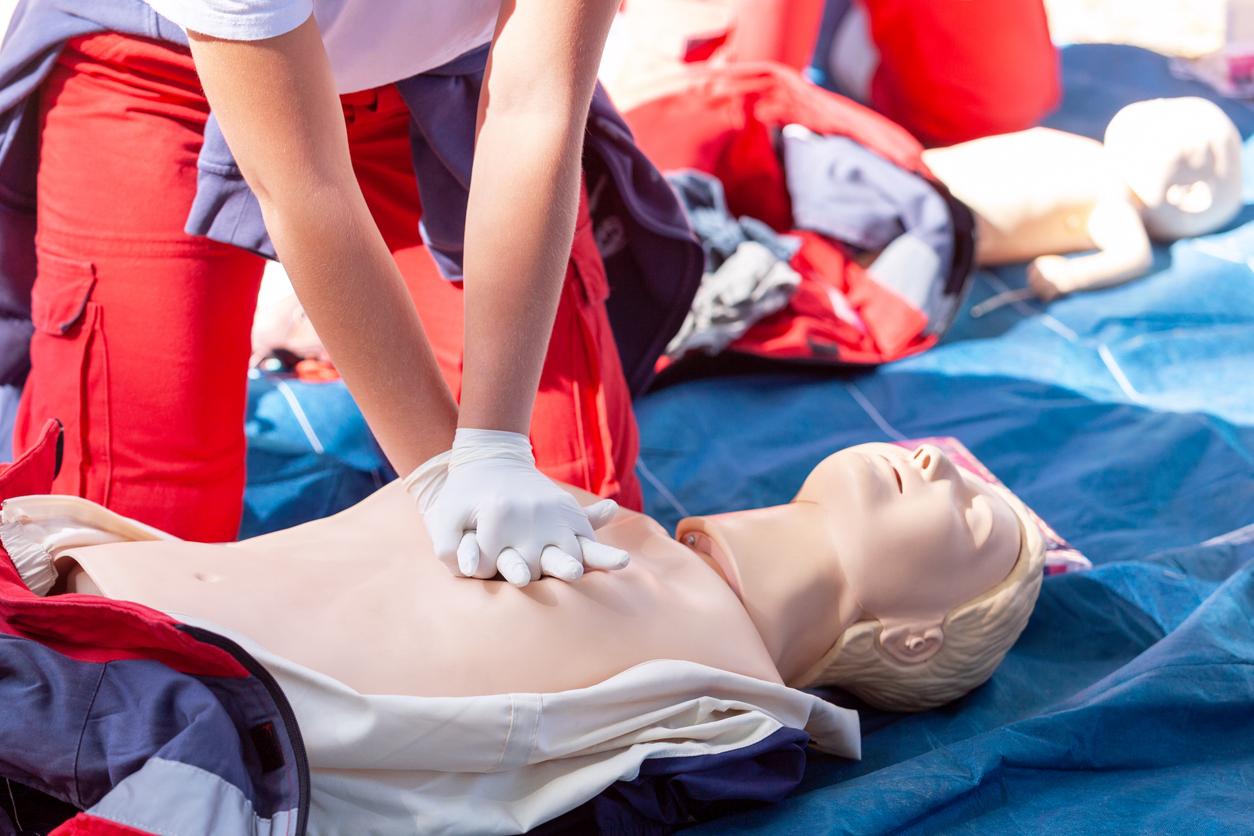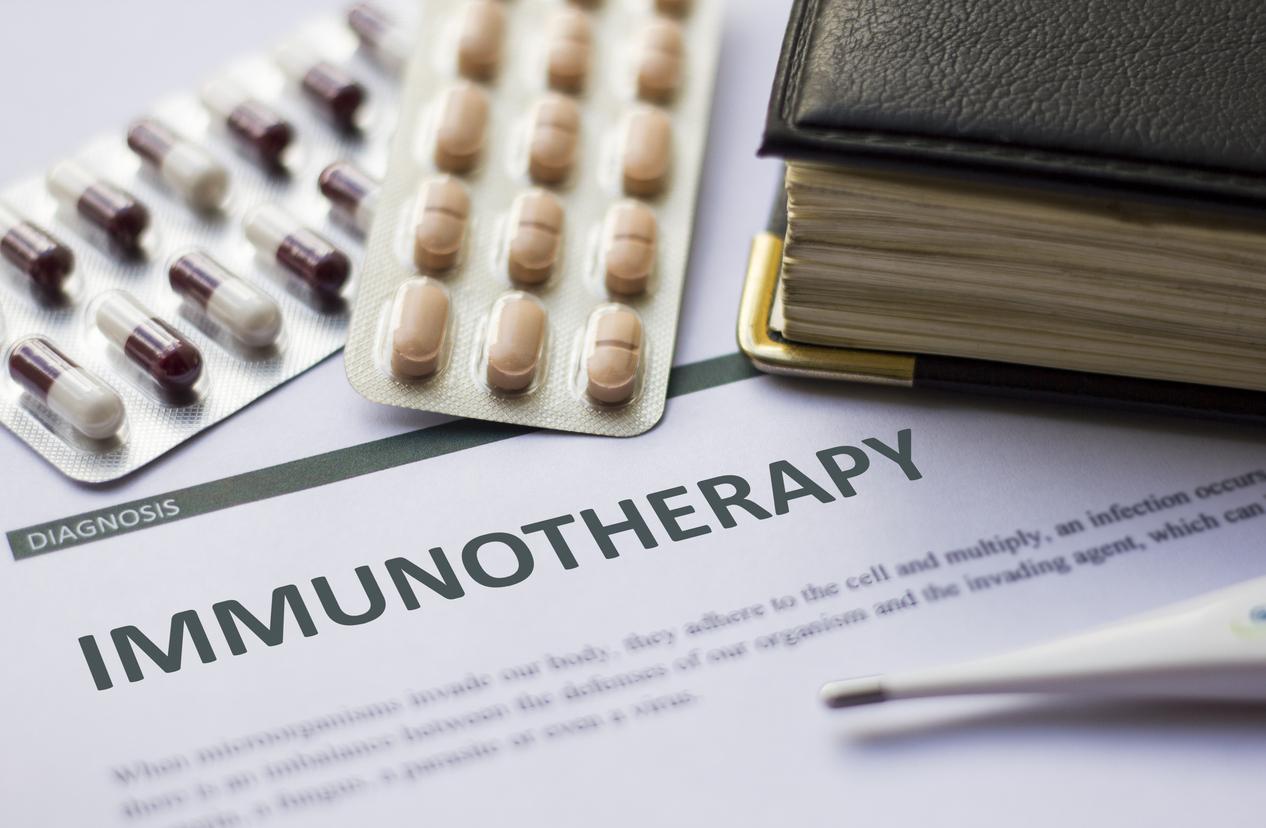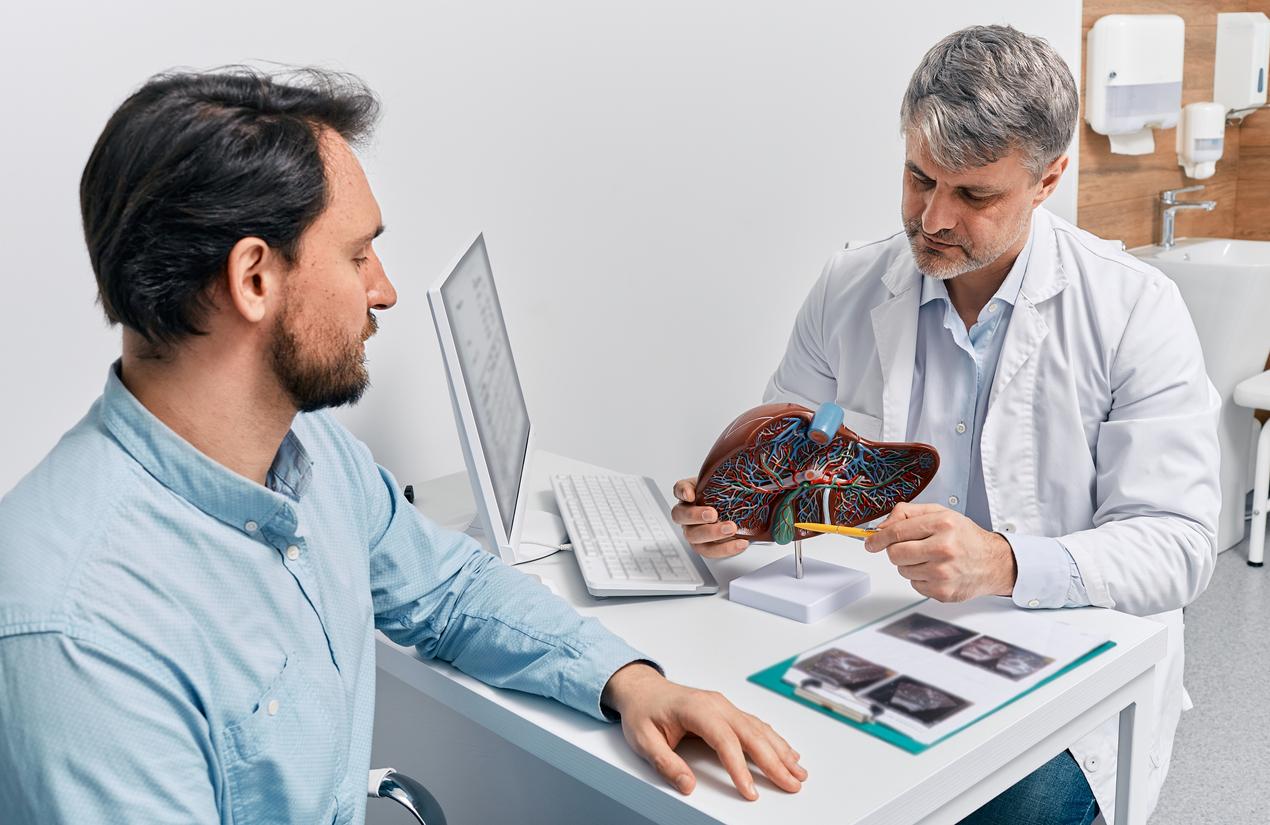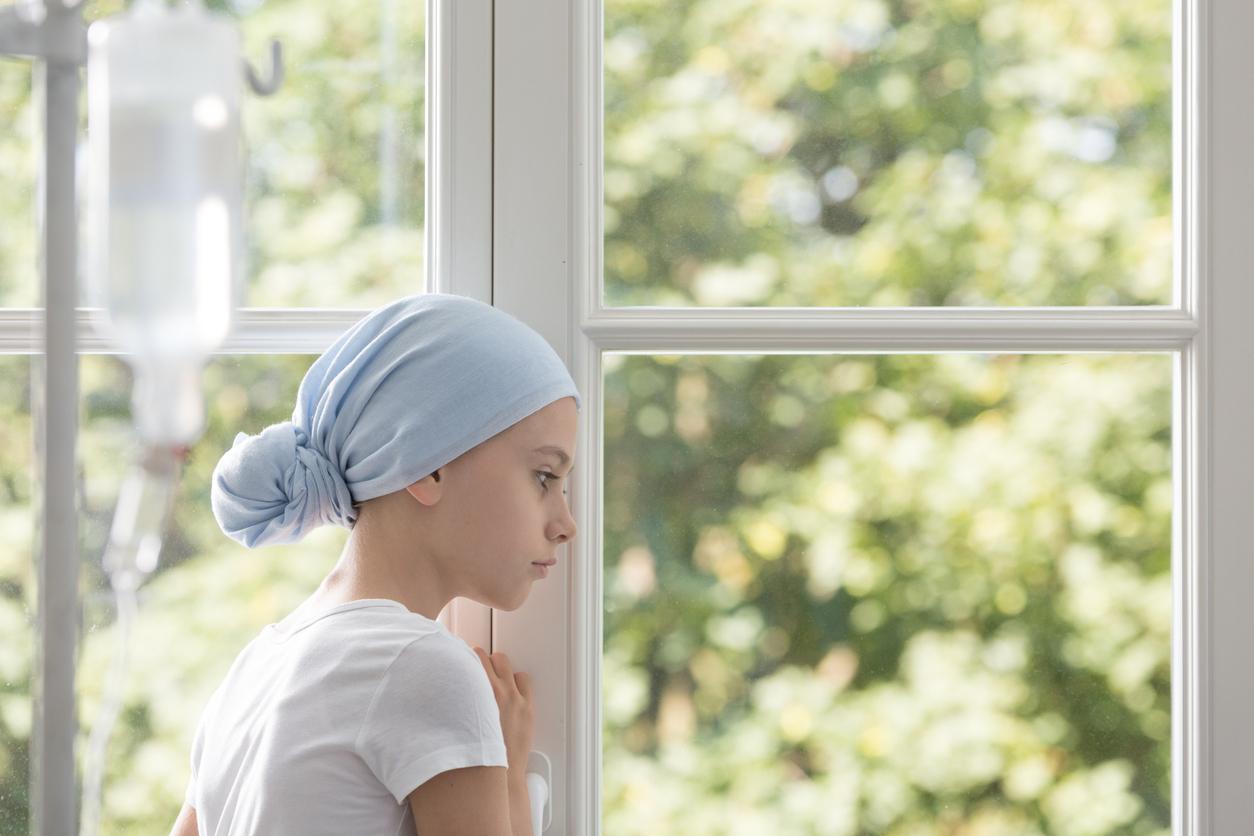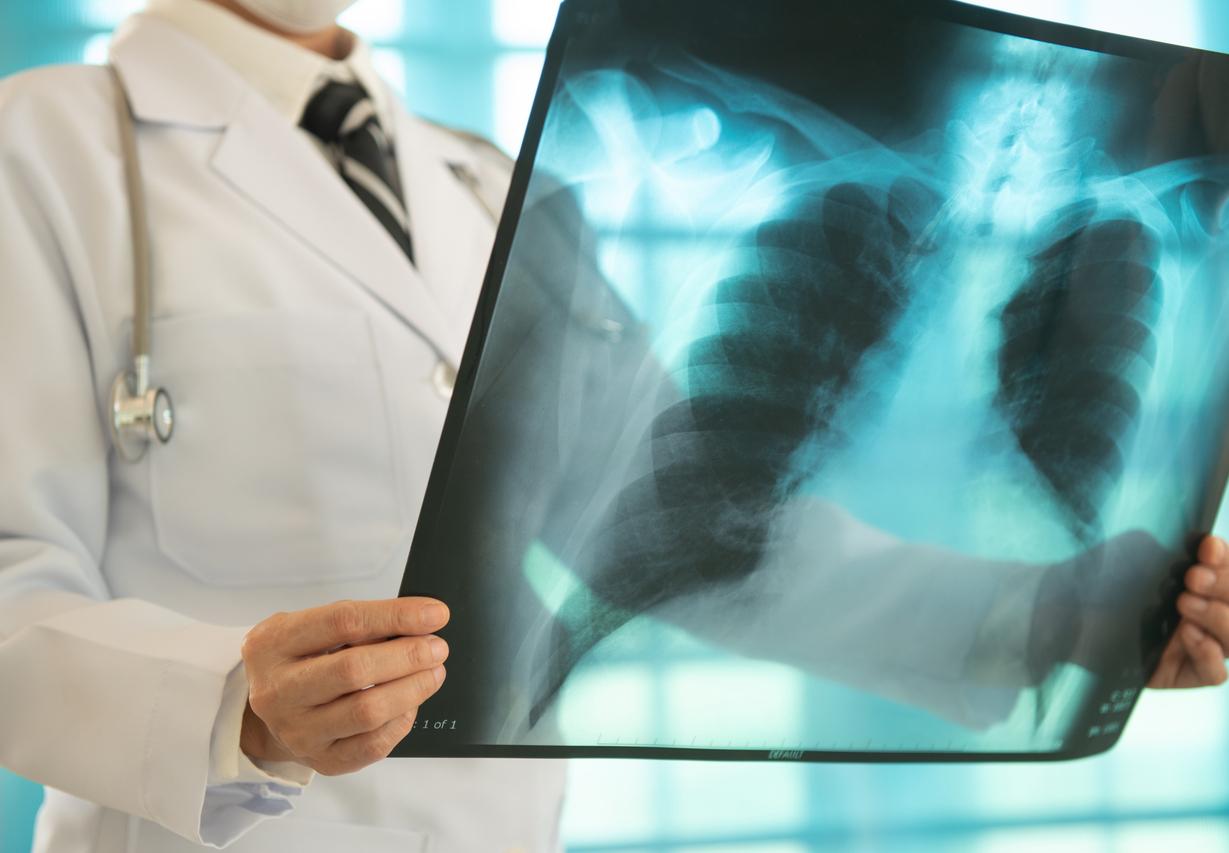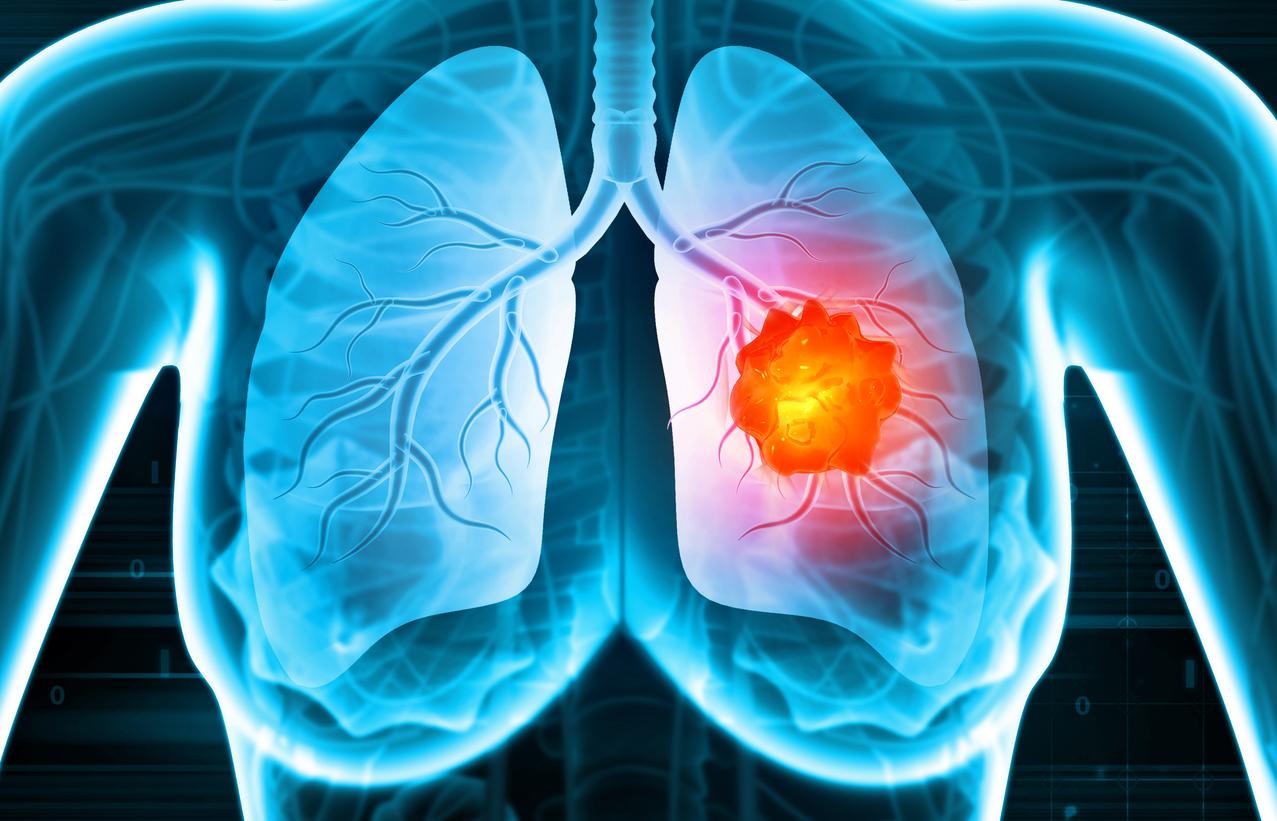While the Ebola epidemic seems to be coming to an end, the WHO and humanitarian associations point out that the urgency now is to support the survivors.
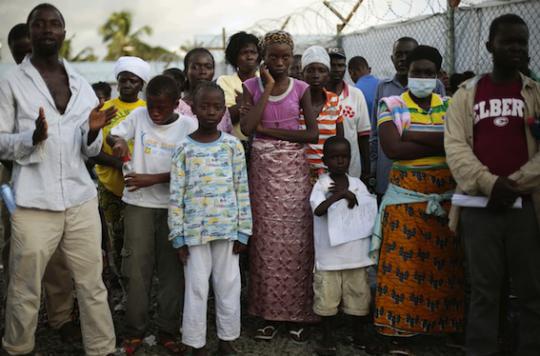
The Ebola epidemic may be coming to an end, but the hemorrhagic fever has left scars on the survivors. While they have managed to beat the virus, more and more of them are suffering from complications. Severe joint pain, eye disorders sometimes leading to loss of vision, extreme asthenia, headaches or even difficulty in concentrating… The disorders are numerous and their origin is still not understood.
Since December 2013, the Ebola virus has infected more than 27,500 people, around 11,200 have died from it. At least 13,000 men, women and children survived in Guinea, Liberia and Sierra Leone. “Never have we had such a large number of survivors. This is very new, notes Dr Anders Nordström, representative of the World Health Organization (WHO) in Sierra Leone. We have a unique and important responsibility to provide care and support to Ebola survivors who are trying to return to normal life. It is becoming increasingly clear that leaving an Ebola treatment unit is just the beginning. Countries affected by Ebola also have a long way to go to recover. “
Stigmatized in their communities
In fact, for Ebola survivors, the physical sequelae prevent them from working, especially those doing manual labor. Added to this is the psychosocial impact of the disease. Back home, many survivors are isolated, either because all their loved ones have succumbed to the virus or because they are stigmatized within their community.
“Four in ten people in Sierra Leone know someone who has died, been quarantined or survived the virus,” said Dr Joanne Liu, international president of Doctors Without Borders (MSF) in a Tribune signed in the American magazine Time. These nations are in mourning, but continue to show great courage and determination ”.
During a scientific meeting on the needs of survivors, WHO, together with experts, decided to put in place a comprehensive care plan to support the countries most affected by the epidemic. It must also define the research needs in order to optimize clinical care and the social well-being of the people concerned. “It’s an emergency within an emergency,” said Dr Daniel Bausch, WHO team member for clinical care. We need to help people thrive, not just survive. “
Rebuilding health systems
But for this, the UN agency and associations in the field note that health systems will have to be rebuilt. “The truth is that the impact of the Ebola virus will be much longer than we might have imagined. The health systems of Guinea, Liberia and Sierra Leone, already weak before the outbreak of the epidemic, are now in tatters. Hundreds of healthcare workers have died. However, Ebola survivors still need our support, ”recalled the international president of MSF.
On their side, Ebola survivors organize. Many associations have been created to contribute to the response to the Ebola virus, to engage in education and awareness and help other survivors rebuild their lives.
.







